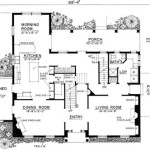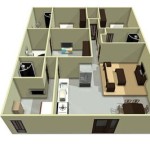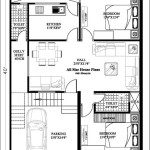The Essential Aspects of a House Building Budget Planner
Building a house is a significant investment, and it's crucial to plan your budget thoroughly to avoid unexpected expenses or financial burdens. A comprehensive House Building Budget Planner can help you estimate the project's costs accurately, track expenses, and make informed decisions throughout the process. Here are the essential aspects to consider when creating your budget:
1. Land Acquisition Costs
The first step in building a house is acquiring a suitable piece of land. Factors influencing the cost include location, size, topography, and availability of utilities. Research land prices in your desired area and consider the additional costs of site preparation, such as clearing, grading, and excavation.
2. Design and Permit Fees
The design of your house will significantly impact its cost. Architectural fees vary based on the size and complexity of the project. Additionally, you'll need to factor in permit fees, inspections, and any necessary engineering studies.
3. Materials and Labor
The cost of materials and labor constitutes a substantial portion of the budget. Estimate the quantities and prices of materials, such as lumber, concrete, roofing, and appliances. For labor costs, obtain quotes from contractors for framing, plumbing, electrical, and other trades.
4. Site Development
Site development includes the preparation of the land and the installation of necessary infrastructure. This may include driveway construction, landscaping, septic system installation, and utility connections.
5. Interior Finishes
Interior finishes, such as flooring, cabinetry, countertops, and paint, can significantly impact the cost. Determine your preferences and research different options to fit your budget.
6. Appliances and Fixtures
Appliances and fixtures, including refrigerators, ovens, sinks, and lighting, vary in price and quality. Consider the energy efficiency and durability of different options before making purchasing decisions.
7. Contingency Fund
Unexpected costs are inevitable during construction. Allocate a contingency fund of 10-20% of your estimated budget to cover potential overruns or unforeseen expenses.
Additional Considerations:
* Financing Costs: If you're financing the construction, include the interest and fees associated with your loan. * Insurance: Obtain homeowners insurance to protect your investment during and after construction. * Taxes and Fees: Factor in property taxes, building permit fees, and inspection charges. * Project Management Fees: If you're hiring a project manager, consider their fees as part of the budget.Conclusion
Creating a comprehensive House Building Budget Planner is essential for successful project execution. By considering the essential aspects outlined above, you can estimate costs accurately, track expenses diligently, and make informed decisions throughout the construction process. Remember to consult with professionals, such as architects, contractors, and financial advisors, to optimize your budget and ensure a smooth and stress-free building experience.

19 Free House Building Budget Templates Ms Office Documents Remodel Worksheet Home Construction Cost

Construction Budget Template Free

Construction Budget Worksheet How To Organize Your Finances When You Build A House The Vanderveen

Construction Budget Template Spreadsheet Com Templates

14 Free Construction Budget Templates Excel Word Apple Pages Google Docs

Construction Budget Worksheet How To Organize Your Finances When You Build A House Home Cost Own Budgeting

House Building Planner Construction Budget Template

14 Free Construction Budget Templates Excel Word Apple Pages Google Docs

Free Estimating Building Remodeling Costs A House Cost Estimate Template

Easy Home Renovation Budget Template Monday Com Blog








